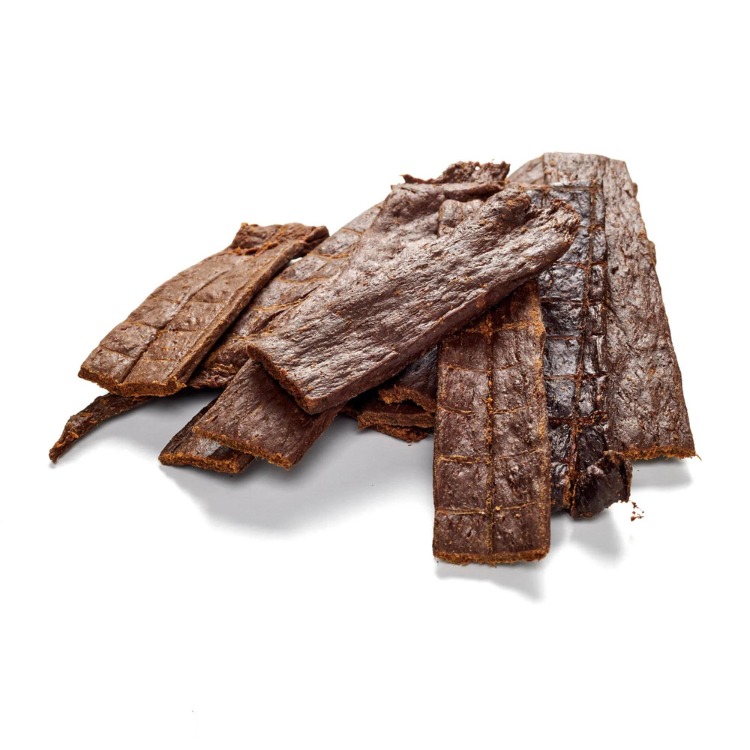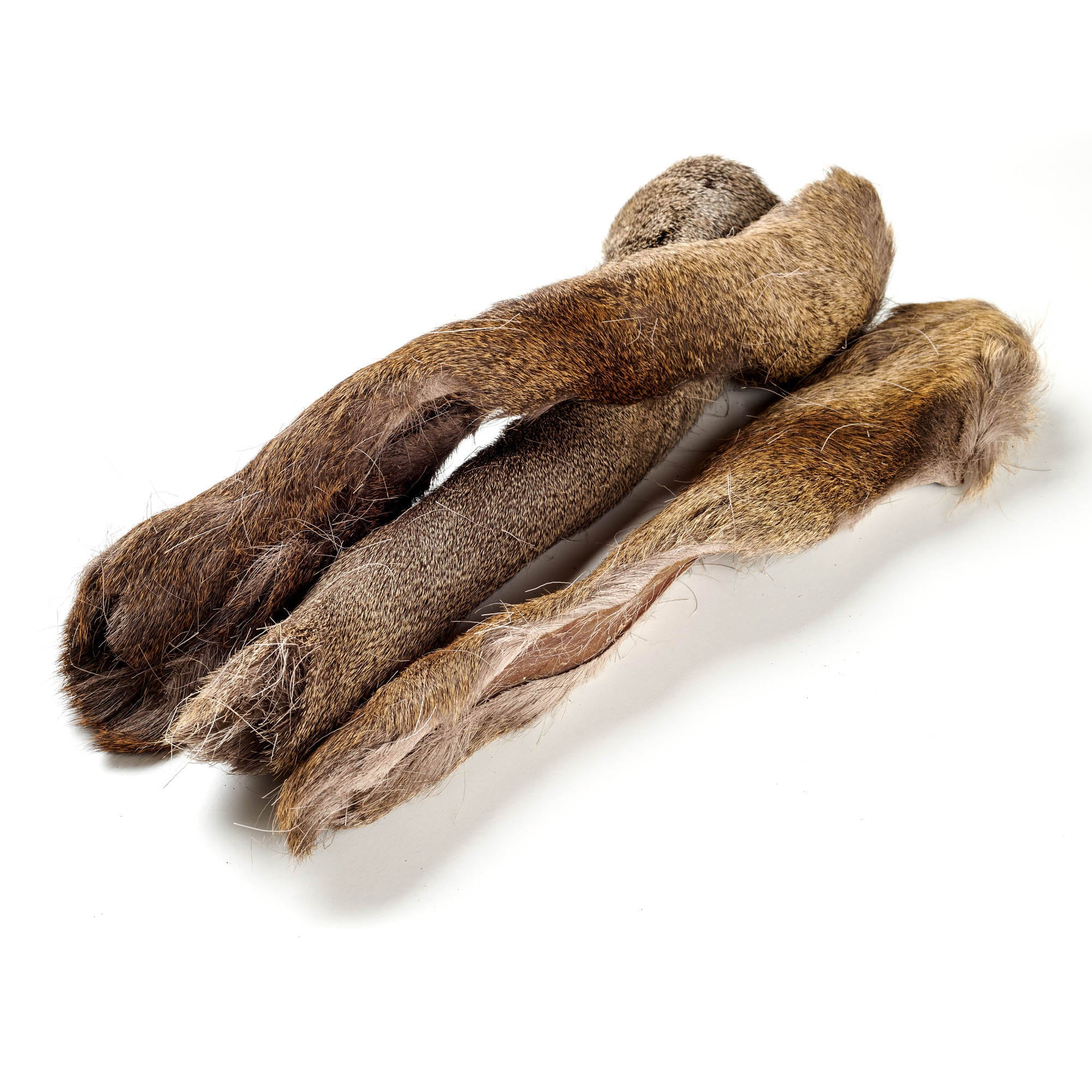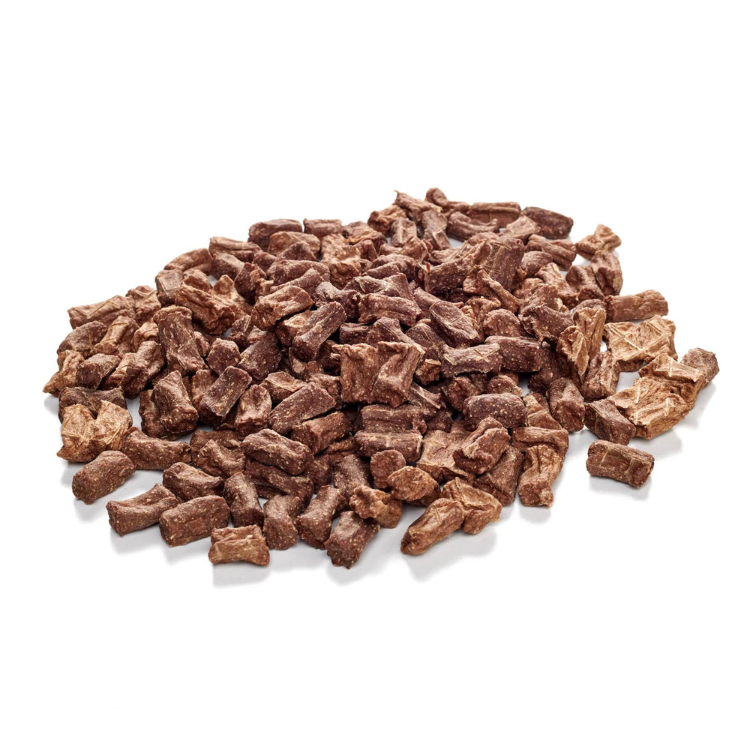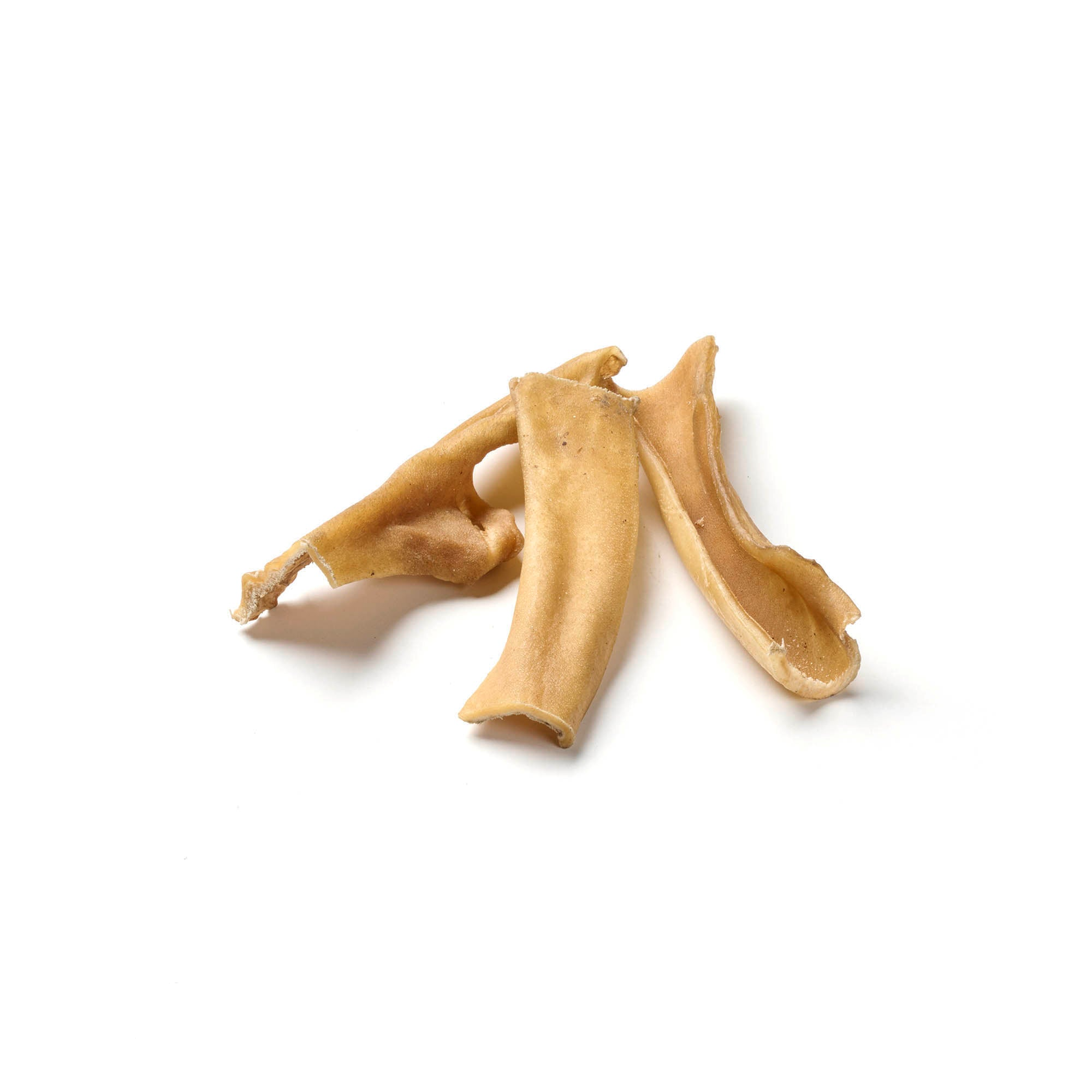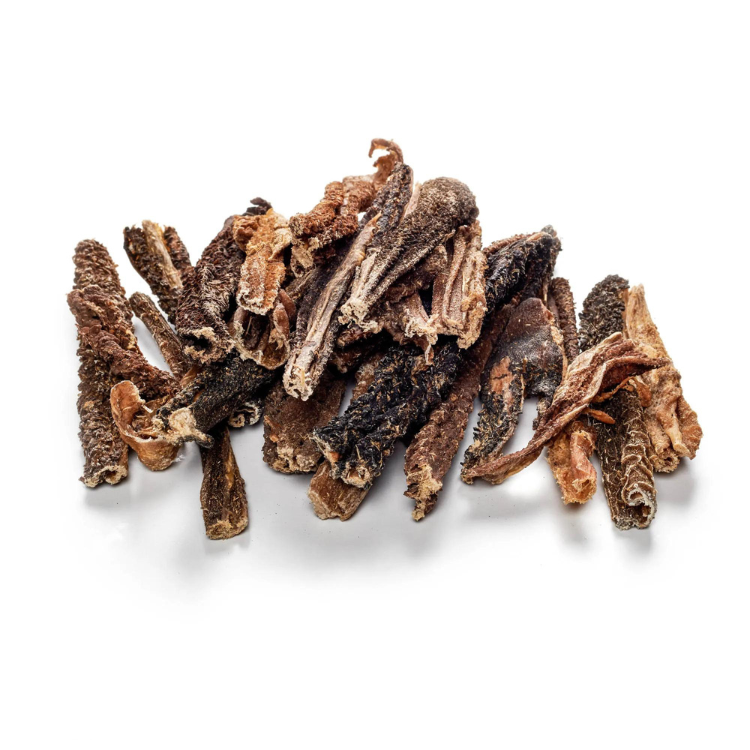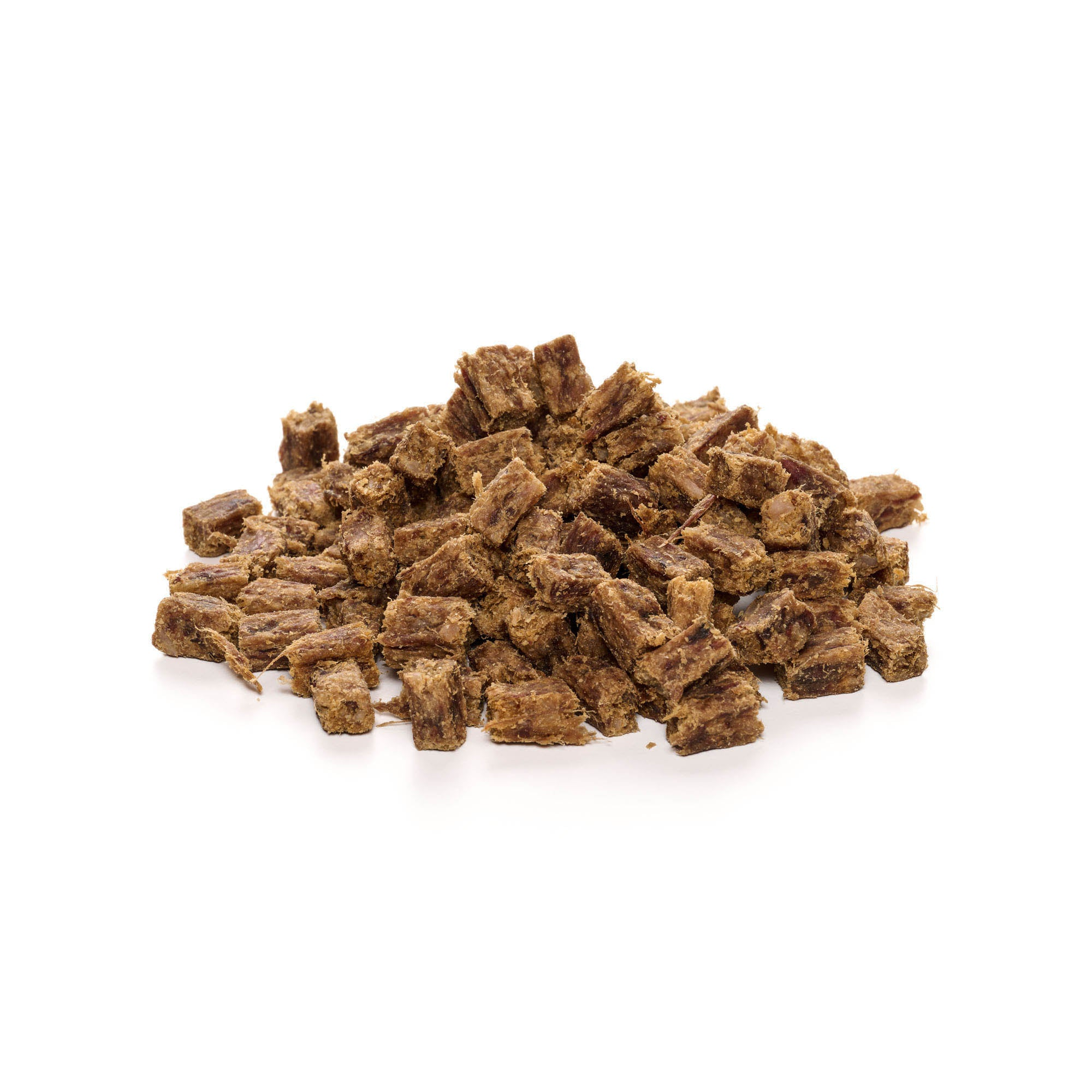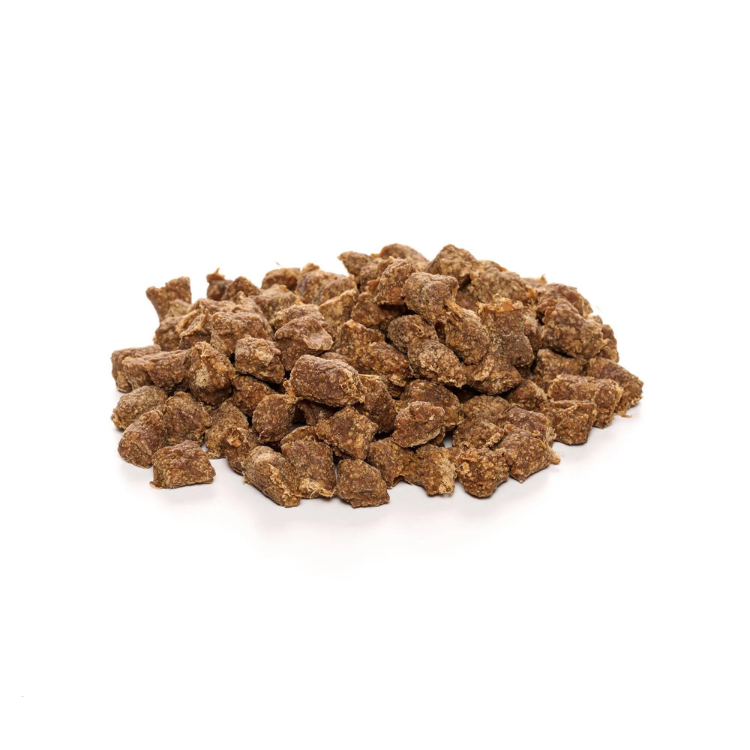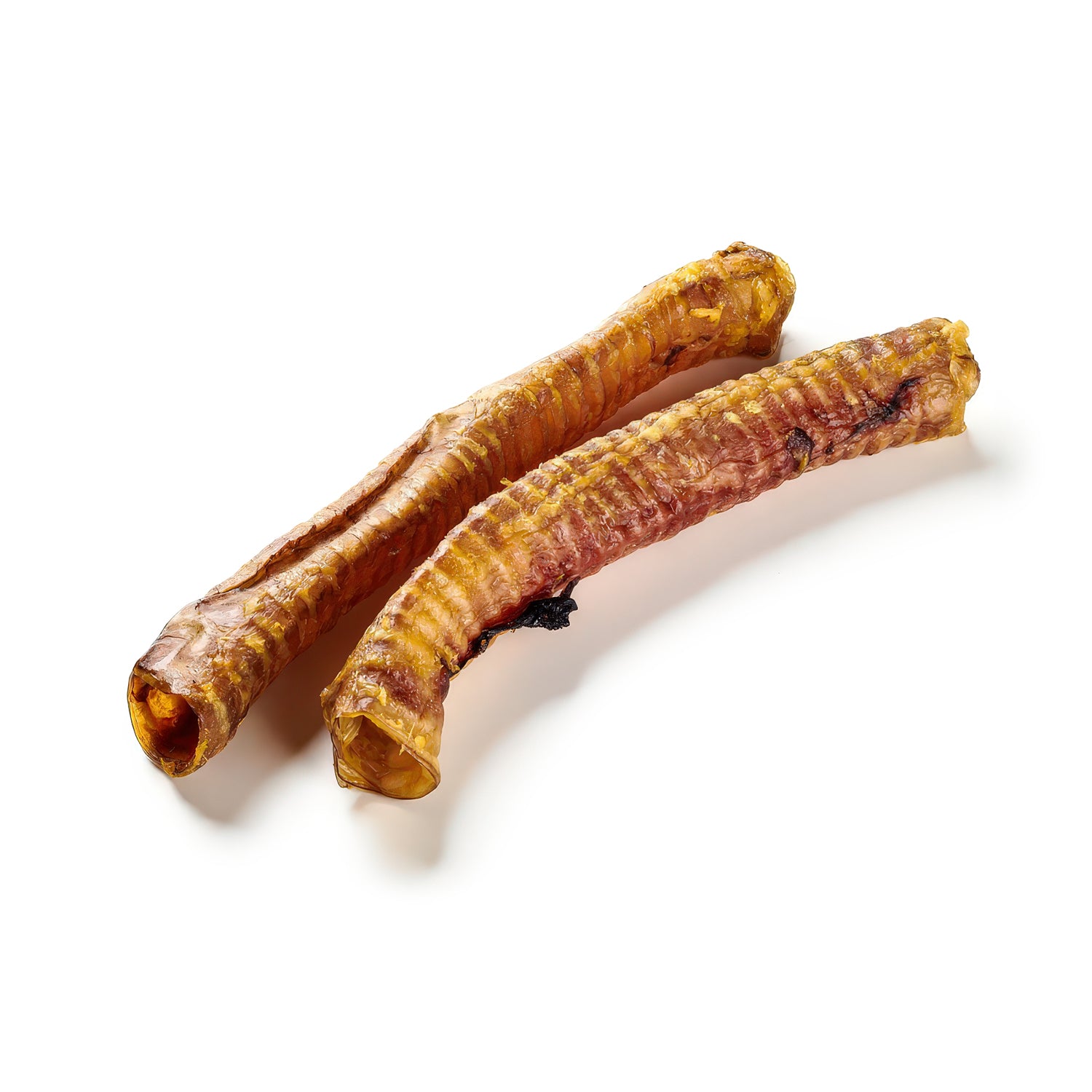
Bloodhounds
Share
Here you can find out everything you need to know about bloodhounds. We will introduce you to the different breeds of this special group of hunting dogs and tell you what makes them special, what they are used for and what tests they go through to prove their skills.
Content: What you should know about bloodhounds.
- Bloodhounds – the smallest group of hunting dogs
- What characterizes a bloodhound?
- Areas of application of bloodhounds
- Tests for bloodhounds
- No tasks from bloodhounds
- Bloodhounds - family suitability
- Conclusion
Spoil your four-legged friend with our delicate chew items!
Bloodhounds – the smallest group of hunting dogs
Bloodhounds are a group of dogs that are specially trained to search for injured or wounded game . Their ability to track human scents and bodily fluids makes them indispensable aides to hunters and game wardens. Here are some of the most famous bloodhound breeds and their characteristics:
What characterizes a bloodhound?
Bloodhounds have extremely sensitive noses and know exactly how to use them effectively. When sent on the trail of an injured or dead wild animal, they always demonstrate their unrivaled ability to safely find the target. These dogs work in a calm and highly focused manner while always sniffing with their noses low to the ground. Their unwavering determination and unstoppable drive to follow the trail and find the game is remarkable.
Bloodhounds are often called upon to be experts in their field, especially when general hunting dogs get stuck. This means that they often have to work in situations where another dog has already given chase and is looking for the injured animal. In such cases, they must be able to withstand the temptations and maintain the track even over long distances.
Areas of application of bloodhounds
Welding dogs specialize exclusively in welding work. They are experts in this discipline and require around 100 searches per year to keep their skills at the highest level. This leaves little room for participation in other dog sports or tasks.
Many bloodhounds also demonstrate an impressive ability to latch onto injured game and drag it to the ground. This behavior can be extremely useful in tracking as it helps safely control the game and allows the hunter to handle it safely.
Discover the range of dog snacks in our store!
Tests for bloodhounds
Preliminary investigation
Main exam
The primary purpose of the preliminary examination, also known as the fitness test, is to determine whether a dog meets the legal requirements. In many cases, hunting liability insurance requires this test in order to include the dog in the insurance. It is also used to evaluate the natural abilities of a young dog. During the test, various aspects such as the dog's behavior, belt work on an artificial track, the search for dead animals, obedience on a leash, the reaction to shots and behavior on found game are checked.
The main test, on the other hand, is a comprehensive practical test that not only examines the dog's abilities, but also determines its suitability for breeding. This test examines in particular the work on the natural trail, hunting, tracking, reporting game and behavior towards dead animals.
No tasks from bloodhounds
Most welding dog handlers dedicate their dogs exclusively to welding work. This is because excellence in this area can only be achieved when there are no distractions. It is particularly important to ensure that the bloodhound does not undertake tasks that require high nose guidance. This includes, for example, searching for lost objects and searching terrain in search of game.
Bloodhounds - family suitability
Bloodhounds should be placed in the hands of experienced dog handlers who are able to reliably keep them busy. As recognized bloodhound handlers, they must always be available and may even have to travel long distances in order to be able to provide their dogs with sufficient work and dog training.
When bloodhounds are challenged and encouraged, they usually develop a balanced personality and are well suited to family life. However, it is of great importance that they receive consistent education and know their limits in order to ensure harmonious coexistence.
Conclusion
Overall, it can be said that bloodhounds are a specialized and highly valued group of hunting dogs that are indispensable for searching for injured or wounded game. They are characterized by their extraordinary nose, their concentration and their tireless desire to investigate. Bloodhounds must be cared for by experienced handlers who can provide them with the necessary work and training.
If bloodhounds are properly supported and challenged, they develop into balanced and family-friendly dogs. The keys to this are consistent training and understanding their needs. The close collaboration between dog handlers and their bloodhounds helps to ensure the ethical and responsible practice of hunting and to find and recover injured game.
Delicious chews for your faithful companion now available!

